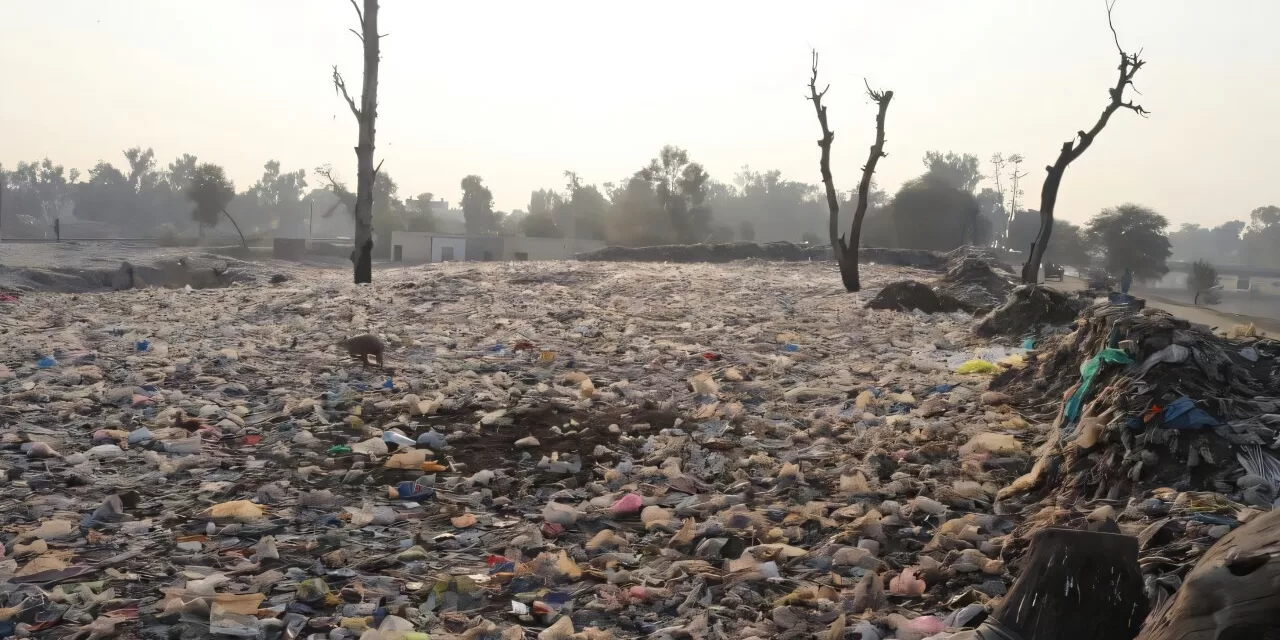A new survey, conducted in the aftermath of the 2021 U.S. military withdrawal, paints a grim picture of life in Afghanistan, showing that a staggering nine in ten Afghans are facing significant challenges related to their mental health, food security, and access to health care.
The study, published in PLOS Mental Health by Jessi Hanson-DeFusco from Lawrence Technical University, U.S., and her team, is based on data gathered in 2023 from 873 respondents aged 18 to 65 across Afghanistan. The findings highlight the severe impact of political and economic instability following the Taliban’s return to power, with the majority of participants reporting increased psychosocial stress, high rates of food insecurity, and limited access to health services.
Approximately 88% of the respondents said they were experiencing some level of food insecurity, while over 88% reported restricted or no access to health care. The survey also revealed a profound social toll, with 83.59% of participants indicating they had infrequent contact with family and friends, and 84.82% experiencing threats of violence. Furthermore, 71.97% reported the loss of one or more family members—either killed or displaced—since the U.S. withdrawal in August 2021.
The study highlights the ongoing socio-economic hardships caused by international sanctions, the Taliban’s rule, and the resulting humanitarian crisis. The authors note that nearly everyone in the country, regardless of their background, is being negatively affected by the prevailing conditions.
Psychosocial stress, primarily stemming from anxiety, poor sleep, and anger, was another key finding. Many participants shared personal accounts of the difficulties they face, including lack of humanitarian aid, limitations on freedom of speech, poor women’s rights, widespread malnutrition, and rampant unemployment.
“The bleak conditions in the country have worsened to such an extent that nearly all segments of society are affected,” the study authors write. “This research validates the humanitarian crisis on the ground and offers a clearer understanding of how political shifts have compounded the suffering of Afghans.”
The data gathered underscores the urgent need for international attention to the ongoing crisis in Afghanistan, with hopes that it will spark more targeted humanitarian aid and international intervention.
Source: PLOS Mental Health (2025). DOI: 10.1371/journal.pmen.0000118












